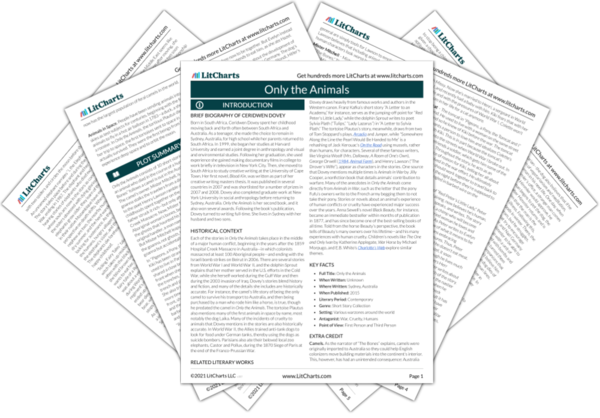Previous
Irena
|
Previous
Irena
|
Sylvia Plath Character Analysis |
Next
Ted Hughes
|
Perhaps you should be asking yourselves different questions. Why do you sometimes treat other people as humans and sometimes as animals? And why do you sometimes treat creatures as animals and sometimes as humans?

Perhaps you should be asking yourselves different questions. Why do you sometimes treat other people as humans and sometimes as animals? And why do you sometimes treat creatures as animals and sometimes as humans?